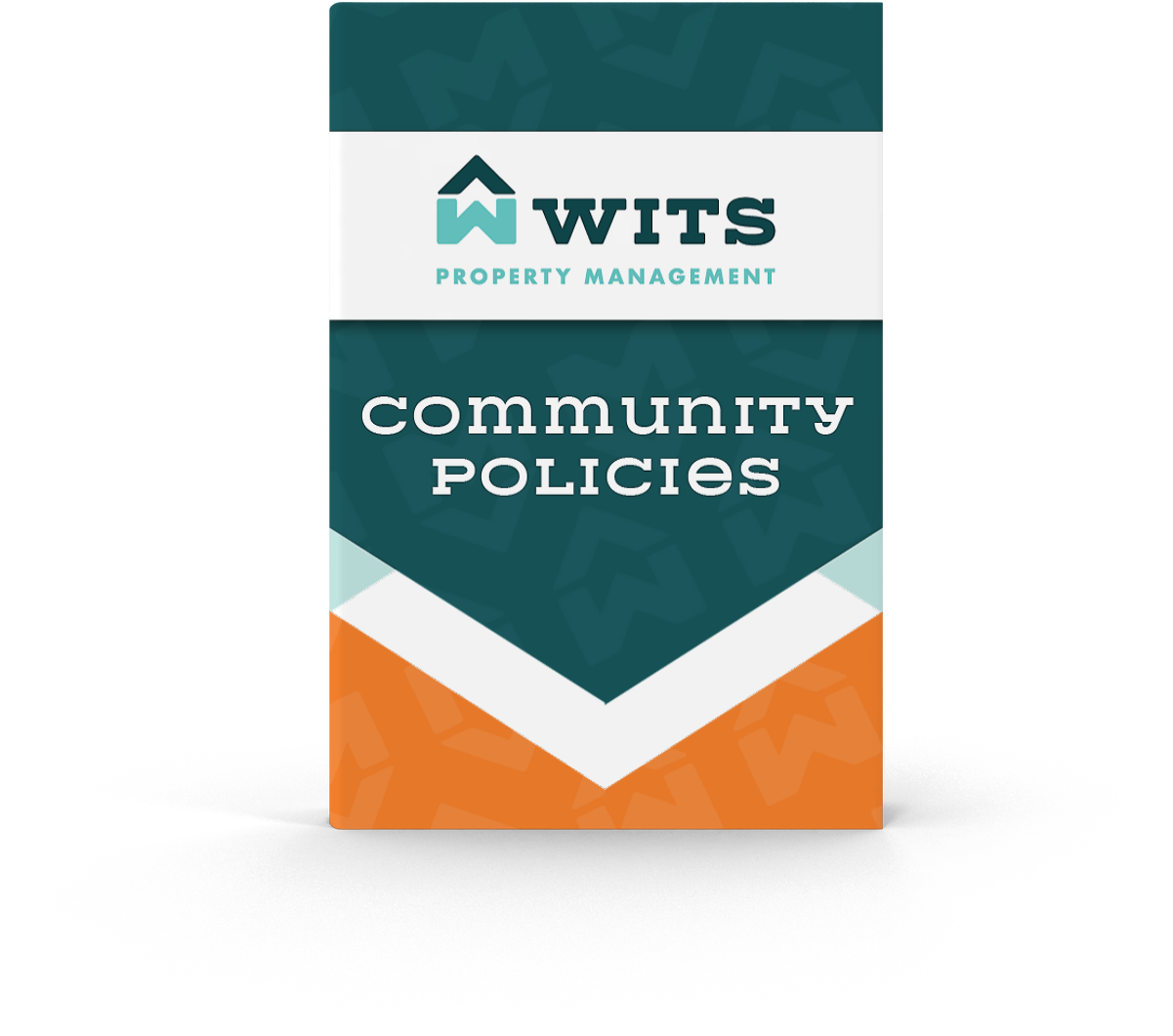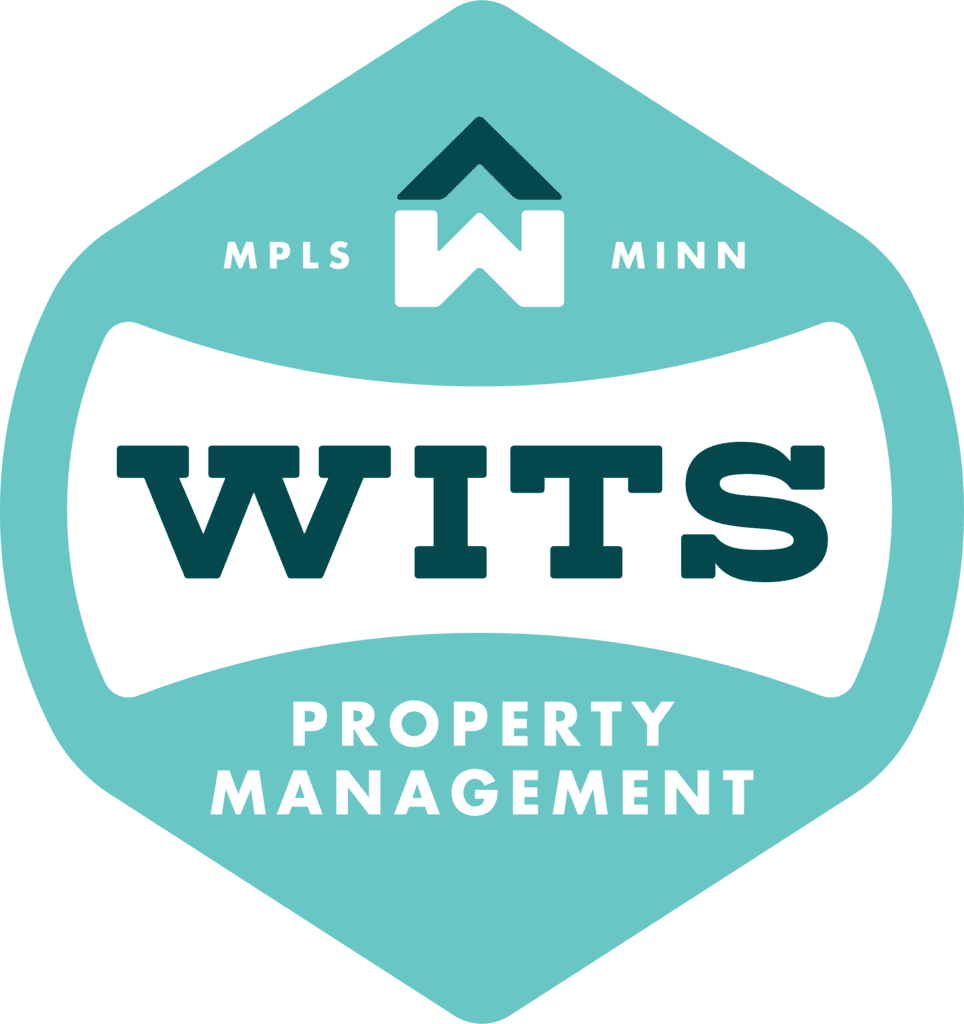Introduction
What’s the first thing you think of when you hear property management? You’ve probably seen movies with property managers in them – they’re usually the disheveled-looking, rude and angry character who always has a cigarette hanging from the corner of their mouth. While it’s true that I’ve run into those characters in real life, those are managers. What is property management?
It’s a Business
If you take the manager out of the picture, what you have is a business. One that’s role is to protect and improve a real estate investment through the placement and serving of tenants. It’s a mix of customer service and hospitality.
Good management seeks to continually improve both the condition and financial performance of the property being managed. This not only extends the life of the asset but helps the investment grow whether naturally through appreciation or by increasing rents and decreasing expenses.
The managers on TV may do otherwise, but property management is a business built upon systems and repeatable processes, just like any other. When you walk into a hotel, you may not know it but there are binders of processes behind every single employee, towel, and chocolate mint they use. Managing a rental property is exactly the same. For example, a tenant calls and asks if they can paint the walls of their apartment a new color. If there isn’t a process for dealing with this question, you’ll be forced to make a decision on the spot, which may not be the best choice for the business. Instead, if there is a specific process for this question, then this potentially stressful situation becomes just routine. No biggie.
Systems and processes can also ensure customer satisfaction if they’re focused on the right things. Compare the call centers of Zappos and Comcast:
- Both have a team of people answer the phone
- Both have procedures in place regarding how their people answer the phone
- One is notorious for bad service
- One has become famous for having incredible support
The difference between these two call centers comes down to how they view their customers and that customer satisfaction is the desired result of every process.
Interacting with tenants is exactly the same. Tenants should be thankful when their manager has systems and processes because they know what to expect and how to get what they need.
And yes, you do want your tenants to be happy. You may not be able to give them everything they want, but a happy tenant is a long-term, paying customers, and that’s what successful businesses are made of.
What are the Common Systems Needed to Manage a Property?
Before building processes, you need to take a step back and look and the system and understand what kind of tasks a landlord is responsible for. Here are just a few:
- Preparing a property to rent
- Advertising available units
- Determining fair market rent
- Determining the security deposit amount
- Setting minimum qualification standards
- Taking phone calls from prospective tenants and scheduling appointments to show properties
- Meeting with prospective tenants
- Distributing and accepting applications
- Screening tenants, denying, and approving tenants
- Ensuring compliance with Fair Housing Laws
- Inspecting the condition of the rental before a tenant moves into the property
- Setting up the payment method for the tenant
- Accepting rent and depositing rent into the bank
- Making sure utilities were properly transferred
- Accepting phone calls from tenants and settling disputes between tenants when necessary
- Dealing with maintenance requests
- Raising the rent when appropriate
- Ensuring tenants comply with their lease
- Scheduling regular inspections of the property
- Finding and maintaining a list of reputable, licensed contractors
- Managing contractors to make sure the work gets done
- Dealing with late rent and getting the required legal forms served
- Evicting bad tenants
- Making sure the property is always operating up to code
- Accepting notices to vacate and overseeing the transition
- Bookkeeping to keep track of income and expenses
- Producing monthly reports on the performance of the property
- Performing an inspection of the property after a tenant vacates and handling any repairs or repainting to get it ready for the next tenant
- Getting the tenant’s security deposit returned or applied toward repairs
- Staying up to date on rental-related local, state, and federal laws
Most people see managers as responsible for doing two tasks—accepting rent and fixing things when they break (or not fixing them if you’re the cranky slumlord in the movies)—but clearly, there is a bit more going on than that!
When building processes for these tasks, a good management company will have a strong focus on customer service. This is not just an ethical decision, it’s a financial one. Remarkable customer service can improve the performance of an investment property. If you invested in a McDonald’s franchise, how would you want the staff to treat the customers? Friendly and professionally, of course! No customers like going to a place where they are treated poorly.
A core pillar of our company is to treat tenants like people, not commodities. This means not being difficult to get in touch with and not making a tenant wait too long before taking action or communicating what action is being taken. When we ask new tenants why they moved, the number one reason given is because their landlord wouldn’t respond to maintenance issues. Now, this does not mean giving the tenant whatever they want. The customer is NOT always right, initially. However, treating tenants with empathy and promptness goes a long way.
Conclusion
If you own an investment property or are considering purchasing one in the future, don’t choose a single manager to look after your property. You need a management company that has systems and processes in place that are repeatable and oriented around the customer’s success. As a result, your investment will grow and be successful.


Download Our Free eBook
Property Management Community Guidelines
The policies and rules we use for tenants living in Wits managed properties.
